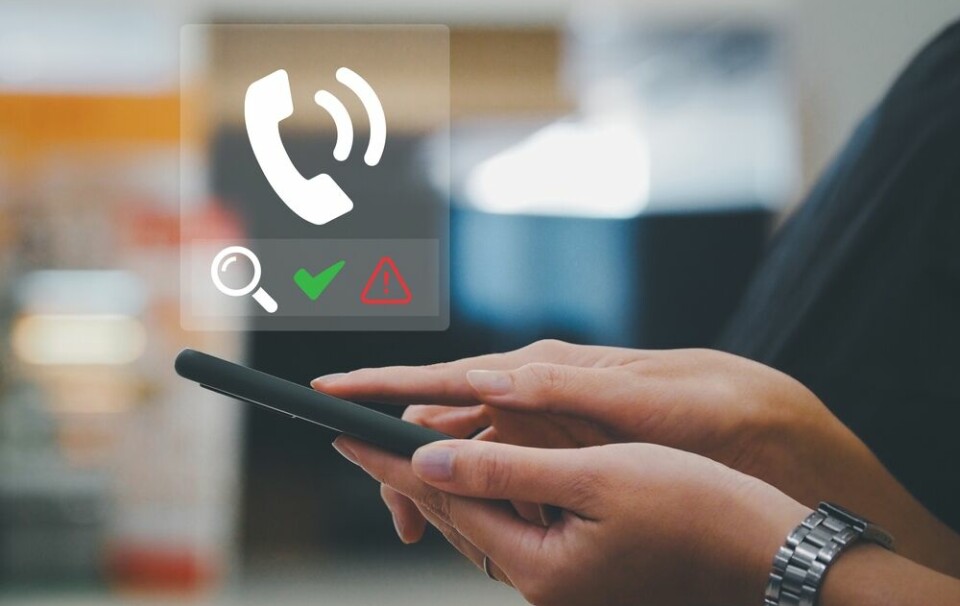Successful trial means medicinal cannabis set to be available in France
Treatment could be prescribed widely from 2025
Cannabis can be an effective form of pain relief
Kitreel/Shutterstock
A medicinal cannabis trial has had “overwhelmingly positive” early results for 60% of patients who could not relieve their pain using conventional forms of care.
The treatment should be widely available for prescription next year.
The French trial of medicinal cannabis has involved the participation of more than 3,000 patients since it started in 2021.
A government decree extended the trial, which was set to run until April, until the end of this year, and ANSM (the national agency for the safety of medicines and health products) has announced that treatments will be made available in 2025.
"We have shown that hundreds of healthcare professionals can be trained to prescribe new drugs, but above all we have demonstrated that these treatments are a perfect addition to the arsenal of drugs available to patients who have reached a therapeutic impasse,” Professor Nicolas Authier, chairman of the Temporary scientific committee to monitor experiments with cannabis for medical use (CST), told Le Point.
Neuropathic pain
The trial has targeted neuropathic pain that is resistant to other therapies, certain forms of drug-resistant epilepsy, and certain symptoms related to cancer or cancer treatment that are also resistant to treatment.
“It is only for people for whom all other treatments have failed,” Mado Gilanton told The Connexion, and it is not a long-term solution as it only alleviates symptoms.
Mrs Gilanton is a member of the CST and president of the association Apaiser, which supports sufferers of syringomyelia and Chiari malformations.
Read more: Assisted dying should be legal, concludes French PM’s citizen debate
These two rare illnesses affect the spinal cord and the cerebellum, the main symptoms being neuropathic pain and spasticity, which are often only relieved by the use of cannabis.
“I have neuropathic pain, although not the worst in the association.
“To describe the pain, it is like jumping into a field of stinging nettles every morning and then my feet are hit with electrified barbed wire,” Mrs Gilanton said. “There is no other treatment whatsoever that relieves the pain.
"Research is not lacking, research simply cannot find a way to alleviate the pain except for lethal doses of morphine or opiates."
Relieves 'more than all other treatments combined'
Some 60% of participants in the trial found the use of medical marijuana positive in relieving their symptoms, which is “more than all the other treatments combined, including very strong morphine or opiates,” said Mrs Gilanton.
Before the trial, people suffering in the association treated their symptoms with cannabis they grew themselves or obtained from “a friend of a friend”, said Mrs Gilanton.
A benefit of making medicinal cannabis available is therefore better controls, as well as medical follow-ups.
Read more: French mayor arrested after 70kg of cannabis found at home
The form of cannabis treatment available for prescription in France in 2025 will depend on offers made by pharmaceutical companies. It is hoped that sprays and vaporisers will be among them.
The costs will be reimbursed by Assurance Maladie.
Potential obstacles
There could, however, still be obstacles to these treatments being made available: “All it takes is one stupid health minister successfully trying to block it. I am less hopeful now than I was before, although we are still on the right path,” said Mrs Gilanton.
“Aurélien Rousseau (the previous health minister) knew what having neuropathic pain is like, but people who are not ill do not tend to understand. Some politicians have tried to get recreational and medical use mixed up in order to oppose medical marijuana,” she added.
Arguments against medical cannabis have included the risk of developing a dependency, but a lot of sufferers are in palliative care and seeking relief before death.
Dependence
Mrs Gilanton added that patients tend to be very vigilant precisely for the reason that, having been prescribed opiates, they do not want to become dependent on them, and it is no different for medicinal cannabis.
She added that most patients in the trial have been over 50 and were not suddenly turning to marijuana “for fun”.
Read more: French mayor suggests testing legalisation of cannabis
It would take a considerable amount of medical marijuana to get a recreational use out of it, she said. Meanwhile, arguments based on recreational use also apply to all sorts of other painkillers, she added.
In the future, she believes it is crucial for medical professionals to educate and train themselves.
“An important part of this trial is the doctors who signed up to it without truly believing in the benefits, but they have all now seen its benefits and that it works.”




























